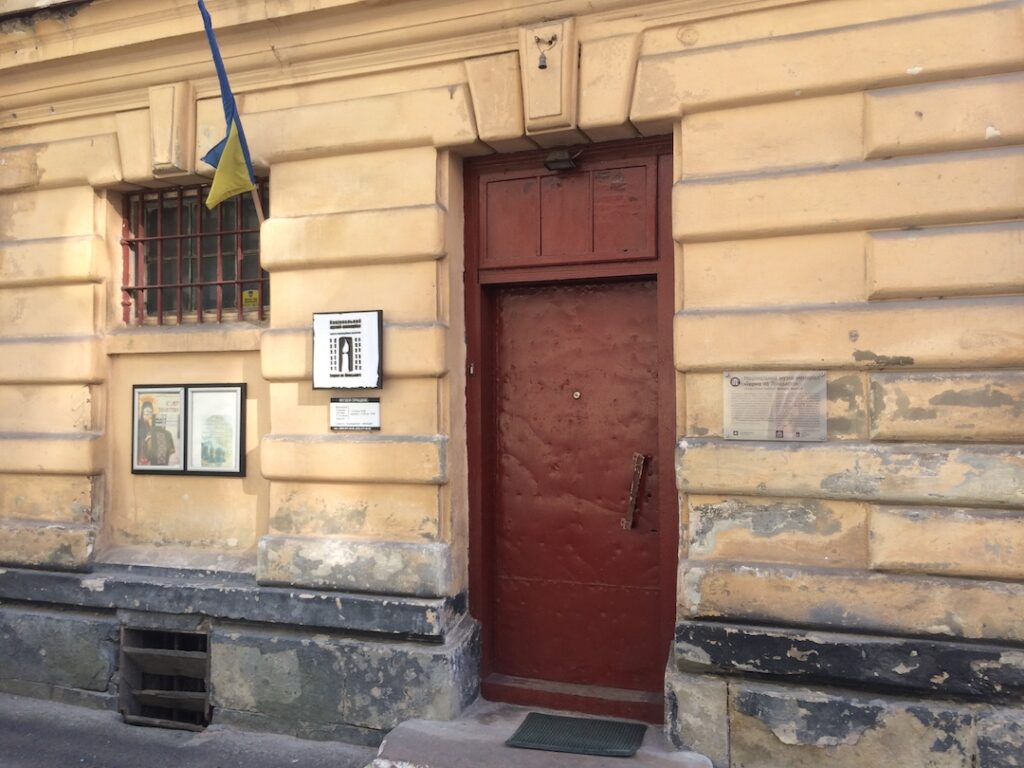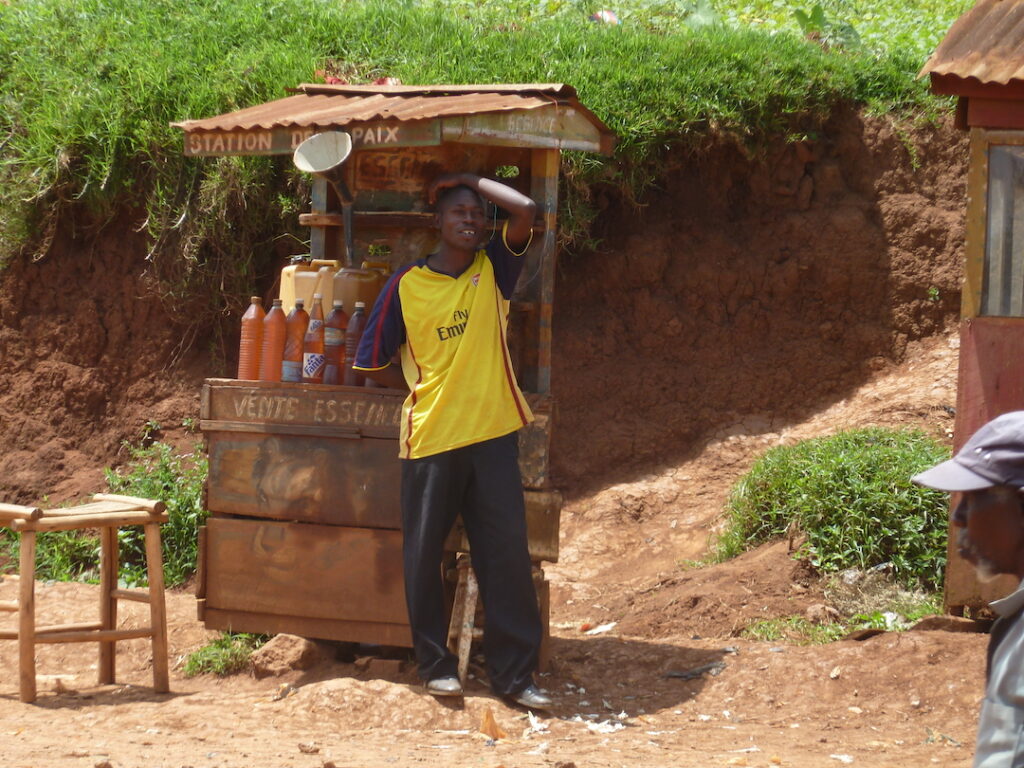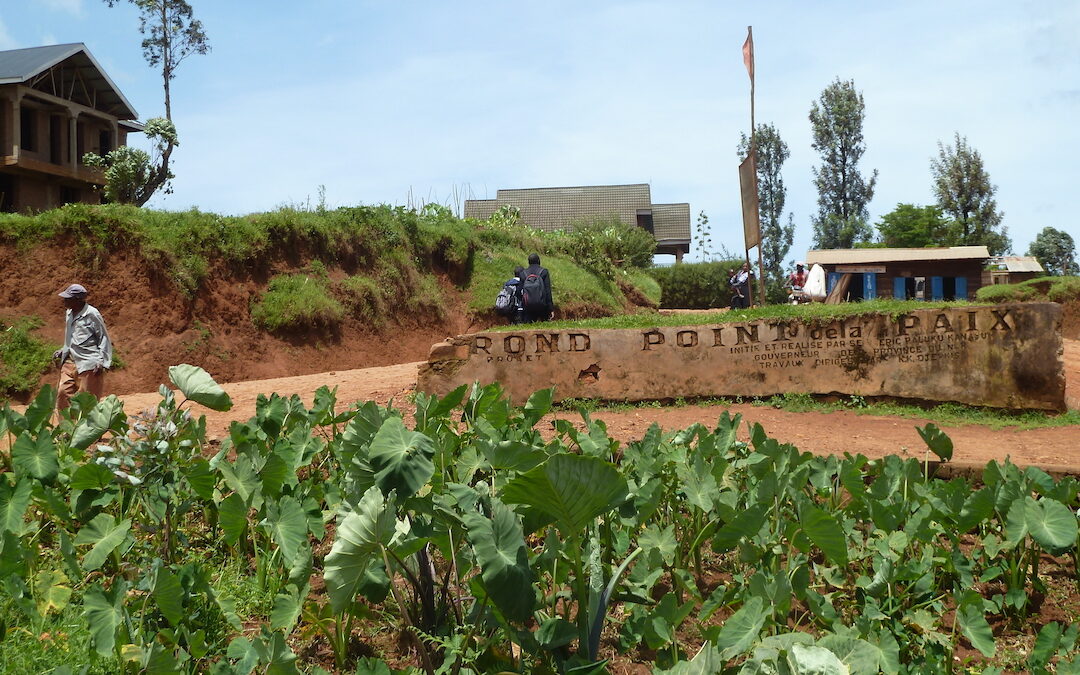My reading and reflecting on Philosophy led me to see that
We think in three different ways
Our actions matter more than our thoughts
For anything that has an impact on the world the only way to accurately measure and understand that impact is by using objective thinking.
However deciding ‘what matters’ involves all three kinds of thinking. It involves value judgments, and valuing is a process of weighing up alternatives and feeling which is more important. This leads to a hierarchy of values. Our values arise out of our life experience, and the way that experience is interpreted.
Each of us has a different sense of what really matters. That is part of the fascination of life! The process of genuine conversation, learning about someone else’s life experience and values can lead us to change our own.
What follows is, necessarily, personal to me. It derives largely from my subjective thinking: the world as it seems to me. You may find you share all, some or none of my values.
I think it is likely that we will share quite a few: my experience is that most of the big arguments in life are not about values but about actions that are interpreted differently. Broadly, people have good intentions. (Politics would be so much healthier if that could be more widely accepted!)
My own hierarchy of values goes something like this.
First, there is the problem of evil in the world. In particular, how to make sense of the disastrous history of the twentieth century?

If you visit somewhere like Lviv in Ukraine, you cannot help asking how did somewhere with a flourishing culture and in which many races had lived in peace and harmony collapse under not one but two horrendous, totalitarian states?
Under Stalin many millions in the surrounding countryside died of starvation despite living amidst wonderful rich farmland. In Lviv itself there is a prison where over 1400 political and cultural leaders were murdered in a single day by the Soviets.
Not to be outdone, the Nazis invaded and identified, catalogued, and then sent on trains to be exterminated tens of thousands of Jews.
My utterly inadequate response to such events is to want to do good in the world and to value my freedom intensely. By extension, I wish for all others to have the same freedoms: first, to be free from powerful evil forces that can deprive you of life itself and then the freedoms to build a decent life. (Of course this was much more eloquently expressed by Thomas Jefferson as ‘Life, liberty and the pursuit of happiness’).

Other formative life experiences for me have been a year spent living and working in rural Kenya when I was 18, and later travels to India, the DRC, Pakistan and other countries. I have seen at first hand how grinding poverty totally restricts life choices and thus takes away true freedom.
For many people are only one small mishap away from disaster – an illness or a bad harvest can lead to ruin or death. It should surely be a priority for any government to create the conditions in which people can move themselves out of poverty and create prosperity instead.
Next, I have always loved the natural world: wild animals and beautiful places. The natural world is fragile and humans now have the power to destroy as well as enhance it. In common with nearly all my generation I want what is best for planet earth.
Finally I am fascinated by relationships and am aware that we humans are not really very good at them. In addition I have a concern for education: the values and skills that one generation passes onto the next. My motivation for writing this book comes from a sense that we are not doing this very well at the moment.
In short I love freedom, hate poverty, love nature and love relating to other people, particularly those interested in learning. These values derive very largely from my subjective and intersubjective thinking. They are not open to measurement: you may largely agree or disagree, you probably have a different emphasis somewhere but it would be unkind of you to say these values are ‘wrong’.

